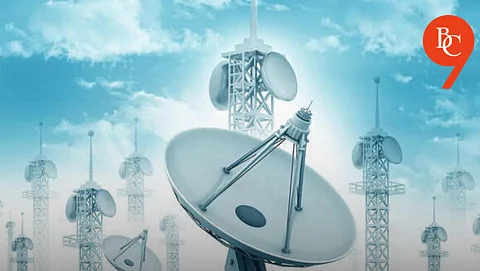

The Union Cabinet has approved a one-time waiver of over ₹6 lakh crore in spectrum dues owed by central and state government departments, including Defence, Railways, Space, and Information & Broadcasting (Prasar Bharati). This decision, taken in the last week of June 2025, is expected to relieve a massive financial burden on these departments and unlock valuable spectrum for upcoming 5G and 6G auctions.
The Cabinet’s decision wipes out all penalties and approximately 95% of the accumulated interest on spectrum dues, some of which date back as far as 2004. Instead of facing compounded annual interest rates of up to 24%, the affected departments will now only need to pay the original principal amount plus a flat 5% interes. This relief, however, is strictly limited to government departments and does not extend to public sector units (PSUs) or private telecom operators.
Spectrum was administratively allocated to these departments for critical functions defence communications, railway signaling (including the premium 700 MHz band), satellite operations, and public broadcasting. Over the years, delayed payments triggered steep late fees and compounding interest, causing the total dues to swell to over ₹6 lakh crore. For example, Prasar Bharati and Defence are among the largest spectrum users and defaulters, with some payments pending for more than two decades.
This waiver comes after years of debate over whether it is fair to levy commercial charges on government departments using spectrum for public interest. By clearing these legacy dues, the government aims to:
Relieve fiscal pressure on essential public services, allowing departments to redirect funds to core missions.
The Cabinet also approved repurposing around 1,100 MHz of spectrum, valued at ₹5 lakh crore, for commercial use. This move is crucial for telecom operators seeking mid-band spectrum for 5G expansion and the future rollout of 6G networks.
The decision reflects a shift toward rationalizing spectrum management and supporting India’s digital infrastructure growth.
The spectrum waiver is expected to immediately ease budget constraints for key government departments and accelerate the release of high-value spectrum for commercial telecom operators. This, in turn, will help boost India’s 5G rollout and lay the groundwork for 6G by 2030.
